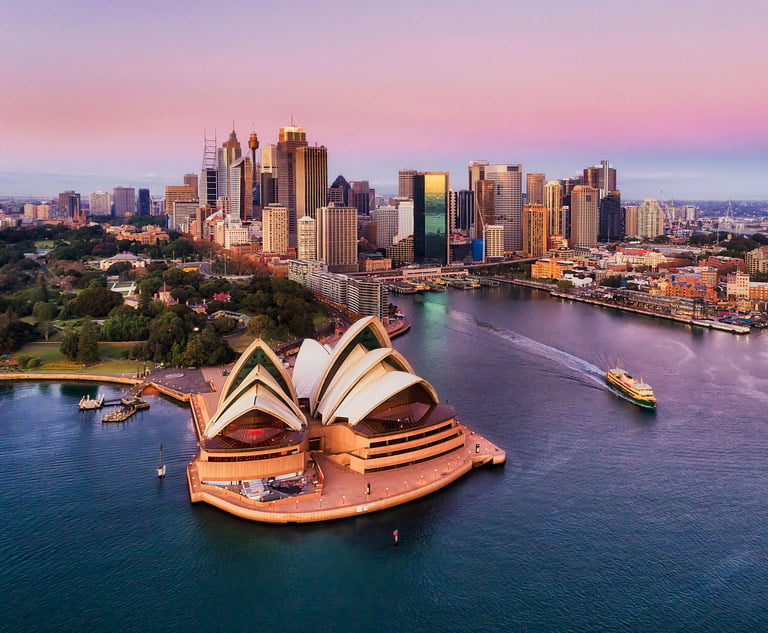A recent decision of the Indian Supreme Court has thrown the issue of where to sue for copyright infringement into the spotlight. The case, Dhodha House & Patel Field Marshal Industries v SK Maingi & PM Diesel [2006], prevents suits against copyright and trademark infringement from being brought in courts in Indian cities where the plaintiff corporation’s goods are available, notwithstanding special provisions in the Copyright Act 1957 and the Trademarks Act 1999, which enable a suit to be filed at the place where the plaintiff “actually and voluntarily resides or carries on business or personally works for gain”.
As a result of this judgment’s interpretation of these special provisions – Section 62 (2) of the Copyright Act 1957 and of Section 134 (2) of the Trademarks Act 1999 – it is also required that the plaintiff corporation have at least a branch office, or an exclusive agent under direct control, located within the local limits of the court where the suit is instituted. Distribution only through independent resellers and retailers, no matter how extensive, would be inadequate now to confer jurisdiction upon the local court.
This content has been archived. It is available through our partners, LexisNexis® and Bloomberg Law.
To view this content, please continue to their sites.
Not a Lexis Subscriber?
Subscribe Now
Not a Bloomberg Law Subscriber?
Subscribe Now
LexisNexis® and Bloomberg Law are third party online distributors of the broad collection of current and archived versions of ALM's legal news publications. LexisNexis® and Bloomberg Law customers are able to access and use ALM's content, including content from the National Law Journal, The American Lawyer, Legaltech News, The New York Law Journal, and Corporate Counsel, as well as other sources of legal information.
For questions call 1-877-256-2472 or contact us at [email protected]








